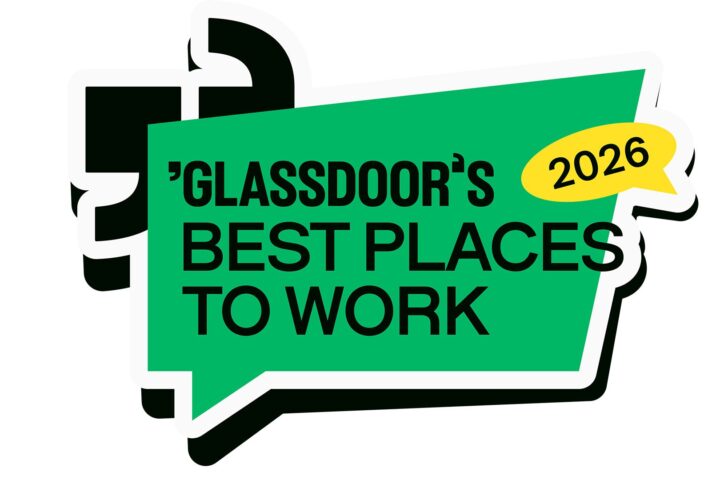According to a survey by Takeda for the Staring Back at Me campaign, the stigma surrounding ADHD has led to many women and non-binary people feeling they must hide their diagnosis in the workplace.
96% of people surveyed living with ADHD in the UK said they were reluctant to bring up their diagnosis in the workplace.
73% said this was due to fear of judgement and 49% thought it could be used against them, potentially as a barrier to promotion.
ADHD affects an estimated 2.6 million people in the UK, and more than two-thirds of those surveyed thought people with ADHD were at a disadvantage in the workplace.
This figure was even higher for non-binary people, at 93%.
83% of women and 79% of non-binary people surveyed believed there is a stigma associated with ADHD.
Professor Amanda Kirby, chair of the ADHD Foundation, said: “Although we are now seeing an increase in awareness of ADHD, approximately 50-75% of women remain undiagnosed and there is still a lack of understanding of the condition. This is especially true in the workplace.
“When a workplace is supportive and aware of women with ADHD traits, it allows those with the condition to unmask and be their true selves.
“This opens the door to employers gaining the benefits from new ways of thinking and new ideas.
“We hope this latest research by Takeda can support employers to take action to create a more inclusive workplace for all”.
Takeda teamed up with Savile Row tailor, Gormley and Gamble, and Illustrator Ana Jaks to create unique suit jackets that represent the invisible nature of ADHD in the workplace.
On the outside, the suit looks like any other, but the illustrations in the silk lining tell the story of the two ambassadors wearing them, Kim To and Jenny Mclaughlin.
The illustrations focused on their experience of living with ADHD at work, from time-blindness to hyperfocus, masking and daydreaming.
Jenny Mclaughlin, Staring Back at Me campaign ambassador, said: “I hope other women with ADHD do not fear being seen.
“I hope this campaign and my story shows the strengths someone with ADHD can bring to the workplace. All we need is the right environment and support to thrive.”
Three-quarters (75%) of women surveyed and 79% of non-binary people surveyed think increased awareness of ADHD and symptoms is needed in the workplace to improve inclusivity for those with ADHD.
They also said staff culture was key (53%) for women, and 48% believed personalised career paths should be created to match the person and their specific needs.
Dr. Simon Meadowcroft, medical director at Takeda UK & Ireland, said: “Employers in the UK have increased their efforts to provide a supportive environment for neurodivergent women and non-binary people, but more still needs to be done.
“People with ADHD bring huge strengths to the workplace such as new ways of thinking and creativity, to name just two.
“The Staring Back at Me campaign continues to raise awareness of the symptoms of ADHD in women and non-binary people and provides employers with the resources and tools they need.”

















